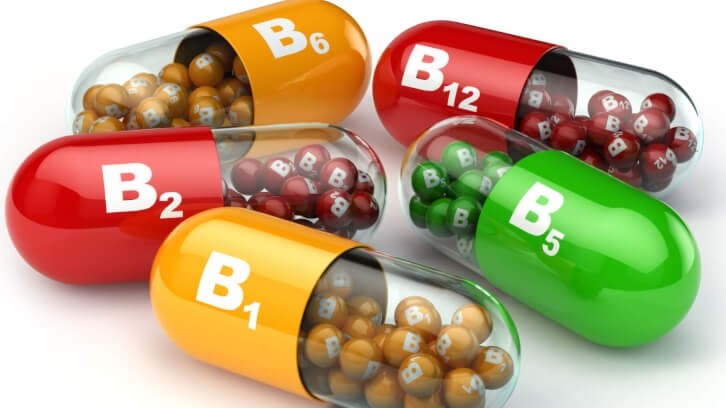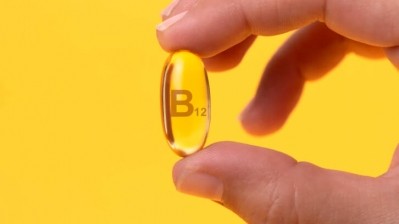B-group vitamins show potential as prebiotic candidates

“There is a growing interest in the potential role of micronutrients, particularly vitamins, in shaping the composition of the intestinal microbiota and its metabolic activity and, consequently, in the impact of this modulation on the maintenance of the host’s health and the prevention of various diseases,” University of São Paulo researchers wrote. “Most of the studies are focused on dietary fibers as prebiotics for the intestinal microorganisms; however, dietary compounds other than fermentable dietary fiber, including B-group vitamins, may also affect the composition of the gut microbiome or the physiology of the gastrointestinal track (GIT).”
They pointed to mounting evidence that suggests that B-group vitamins are possible candidates as gut microbiome-modulators and play important roles in shaping the diversity and richness of the microbiome.
Delivery systems
The researchers noted that the prebiotic effect usually occurs when vitamins are absorbed in the proximal small intestine, not reaching the distal GIT. However, studies suggest that when supplied in large amounts or as colon-target delivery systems, vitamins may directly modulate the colonic microbiome.
In their review, they evaluated a study in which the genome of 256 common human intestinal bacteria was analyzed for the presence of B-group vitamin biosynthesis pathways (biotin, cobalamin, folate, niacin, pantothenate, pyridoxine, riboflavin, and thiamin).
“The authors of that paper predicted that these vitamins were synthesized by 40-65% of the 256 human genome gut microorganisms, and riboflavin and niacin were the most synthesized vitamins,” they wrote.
Additionally, the analysis indicated “human intestinal microorganisms actively produce B-group vitamins and deliver these micronutrients to the bacteria that are close to them by symbiotic relationships.” The researchers highlighted that this allows microorganisms that do not produce these substances to benefit through this exchange.
For vitamin B12 , the researchers reviewed 19 studies which reported that vitamin B12 intake, status or supplementation was related to gut microbiome outcomes, bacterial relative abundance and functional capacity. The results of the in vitro studies showed that vitamin B12 can increase alpha-diversity and change the composition of the gut microbiome (beta-diversity).
Overall health
B-group vitamins are present in several foods, particularly animal-based foods, leafy green vegetables, beans and peas. However, these vitamins can be easily lost and degraded during the cooking process.
“For this reason and due to low vitamin intakes, the fortification of some food products with chemically synthesized vitamins is mandatory in many countries,” the researchers noted. “Since human cells cannot synthesize B-group vitamins in satisfactory quantities to avoid deficiencies, these micronutrients must be acquired either from the diet or by production from the gut microbiome.”
The vitamins are critical micronutrients for several metabolic and regulatory pathways necessary for the human health. They are a group of eight water-soluble vitamins and play important roles such as in the fat and carbohydrate metabolism and the DNA synthesis in the human metabolism.
Despite having similar water solubility, the various B-group vitamins have diverse metabolic roles in terms of energy production, protein metabolism and hemopoiesis, or the production of blood cells and platelets, the scientists commented.
Source: The Journal of Nutrition
“B-group vitamins as potential prebiotic candidates: their effects on the human gut microbiome”
doi: doi.org/10.1016/j.tjnut.2023.12.038
Authors: Raquel Bedani et al.













